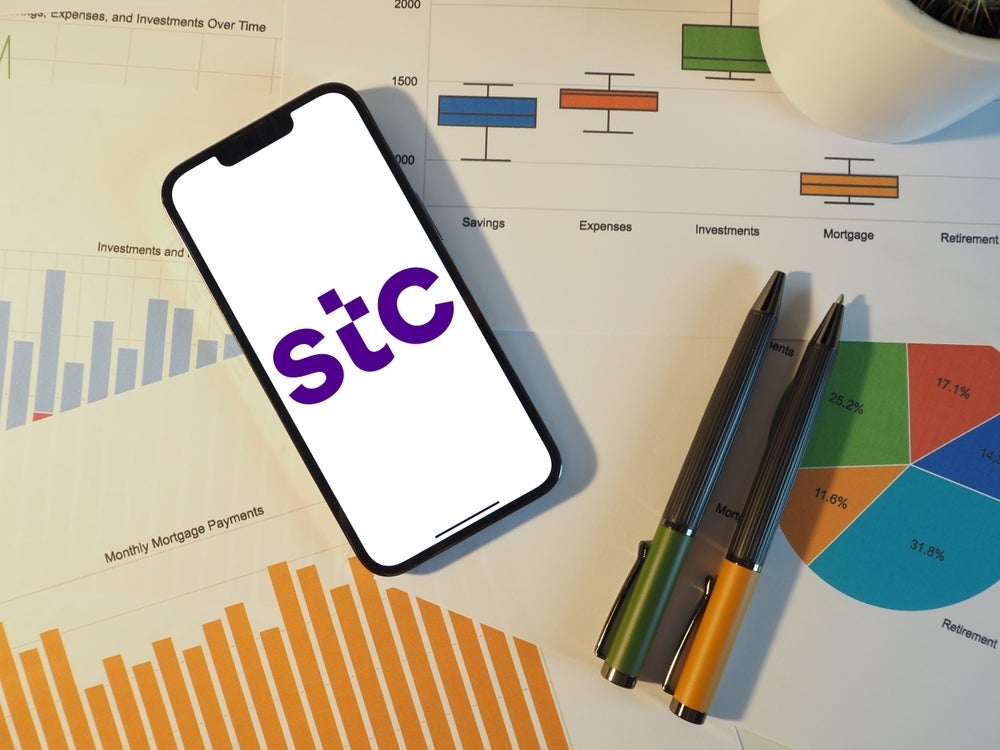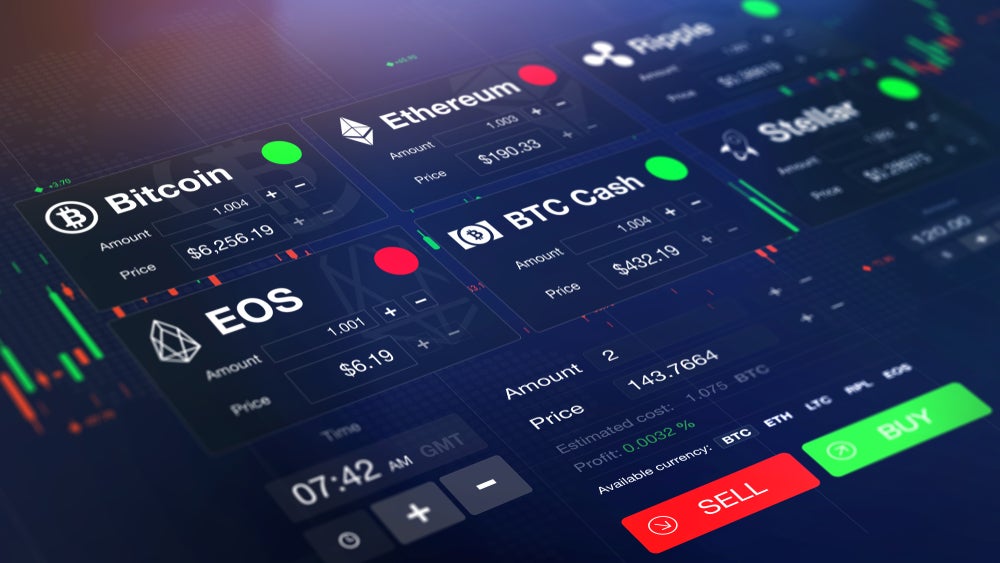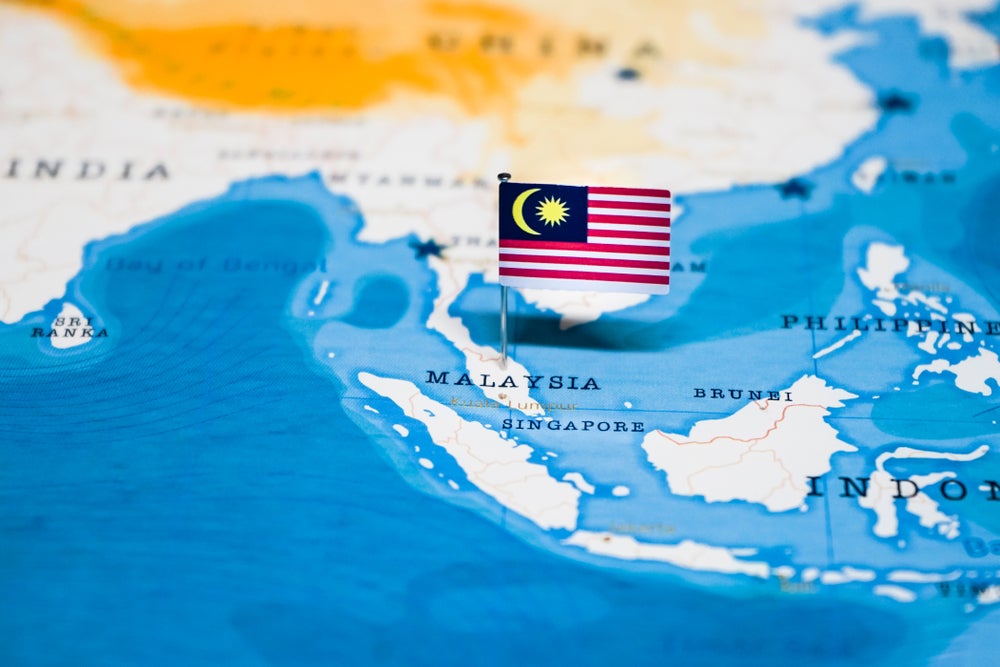As a country that has been in a state of war for around half
of the last 40 years, Lebanon has not been seen as the safest bet
by many financial institutions. Maher Mezher, head of marketing for
First National Bank, spoke to John Hill about how
and why this view is rapidly changing – and how FNB is
innovating.
First National Bank (FNB) is an unusual prospect in a country that
is trying its hardest to shrug off a militant past and return to
its heyday as the “Paris of the East”.
With controversial plastic surgery and fertility loans garnering
praise and derision in equal amounts from international media, it
is hard to tell whether FNB is genuinely trying to innovate within
the financial services market or just looking for a quick
headline.
Maher Mezher, head of marketing for FNB, thinks that not only is it
innovating, but it is also setting a higher standard of service for
retail banks all over the world.
CI: How does the Lebanese banking market differ from
others, such as the UK or US for example?
How well do you really know your competitors?
Access the most comprehensive Company Profiles on the market, powered by GlobalData. Save hours of research. Gain competitive edge.

Thank you!
Your download email will arrive shortly
Not ready to buy yet? Download a free sample
We are confident about the unique quality of our Company Profiles. However, we want you to make the most beneficial decision for your business, so we offer a free sample that you can download by submitting the below form
By GlobalDataMaher Mezher (MM): In our country, we go out on a daily basis
whereas I believe in Europe and the US people only go out on
weekends. Of course, you are going to ask where we get the money?
Well, it is from banks, from credit cards, and as a country we are
willing to pay the 21 percent interest in order to live this
lifestyle.
It is certainly a different market, specifically in terms of
consumer behaviour. If people do not have money they will get an
advance to buy a fancy car, they go for an advance to pay for
plastic surgery, they go for an advance to buy a nice suit. It is a
small community, it is a show-off community, and consumer behaviour
is completely different from other countries.
Specific to Lebanon in terms of product development, we have
launched a fertility loan and a plastic surgery loan and both of
those are unique to us and are also the first of their kind in the
world. We have gotten worldwide recognition, we have gotten all the
media, both international and regional, talking about us.
Lebanon does however have some specific problems when it comes to
intellectual talent. Until recently we were facing a brain drain in
the country, as creative people, innovative people, leaders and
artists were leaving Lebanon for better opportunities. Now the
global economic crisis is happening in a lot of countries, but
Lebanon is doing well and is one of the only countries that is not
that badly hit, and some of those thought leaders are coming back
to Lebanon.
CI: How advanced is the banking market in the
country?
MM: In terms of banking we have more than 50 banks in Lebanon in a
country that has a population of only 3.6 million. Having that many
banks in a small country shows how competitive and how complex the
market is.
It is really very tough and not easy to acquire customers in
Lebanon, because all banks are trying to acquire them, so you have
to really be competitive in terms of service, in terms of delivery
channels, in terms of pricing, and in terms of promotion.
FNB has chosen to be differentiated as the most innovative and
creative bank, and being the most daring bank.
For a country like Lebanon, which is quite conservative in terms of
financial services, in order to launch a plastic surgery or a
fertility loan you have to dare, although it is a risk and we have
had a lot of positive and negative feedback, especially from
religious people.
In Lebanon we have about 16 to 17 separate religious communities,
so you have different opinions, different values, and while we have
had some really negative feedback from various groups, we really
had to take a chance when we launched the products.
CI: What is credit card penetration like in
Lebanon?
MM: We are at about 50 percent and growing. If you include debit
with that then we are probably around 60 percent.
For more than 30 years we had war in Lebanon, and so if you take
the war into consideration we could be around 80 to 85
percent.
Having said this, debit cards are increasing in number, having
started three or four years ago because we had the public salary
domestication, and when you domesticate the salaries you provide
them with debit cards.
That is why now I believe that in three to five years we will reach
80 percent, which is a very high number for a small country like
Lebanon.
If you look at the branches that we have in terms of retail banks,
our top 10 banks are very aggressive, but not just in Lebanon. They
have between 70 and 100 branches in Lebanon, which only has an area
of around 10,400 square kilometres, and then another 200 to 300
around the world.
Bank Audi for example has 100 branches in Egypt, compared to 76 to
78 in Lebanon, and it is things like this that illustrate why
Lebanese banks are becoming so large.
CI: What about regulation in Lebanon? How tight is the
monitoring of your financial institutions?
MM: One of the other things that defines Lebanon is the banking
secrecy. I believe there are two or three countries in the world
which have very high levels of security at their banks – one is
Switzerland, the second is Lebanon.
You cannot know what I have in my account and even the government
cannot know what I have in my account unless I become a criminal.
No one can tell what you have in your account, or more importantly
the volume of your debt. This is helping us acquire more and more
customers and also more deposits.
I can tell you that when the crisis started, we received around $3
billion of deposits from the Middle East from customers that we did
not know.
For example, say you have a friend and your friend comes to you and
says: “I need to bring $5 million from Kuwait or Bahrain or from
Dubai; I don’t want to keep it there because of the crisis. In
Lebanon the banking sector is solid and there is no crisis. Where
would you advise me to put the money?”
And because you know me, you would say: “Come and meet Maher
Mezher, you can put your money in First National Bank.”
I can tell you that two or three weeks ago, several of our senior
managers had to go to the airport to pick up someone’s deposits in
cash. So Lebanon for the first time is enjoying the circumstances
of the crisis.
Our sector is intact, and that happens because of the regulations
and procedures given by the central bank – our central bank
governor is one of the most famous central bank governors around
and it is because of him that we have some of the regulations and
policies that sheltered us from the global crisis. For example,
banks are not allowed to invest in structured products that are
directly related to foreign real estate, which is why we were not
affected by the subprime collapse.
Banks are also not allowed to invest any more than five to seven
percent of their portfolio in high-risk investment products, and
the combined total for this and real estate is not allowed to
exceed 15 percent.
Those regulations have helped enormously in limiting our exposure
abroad. Out of all our banks, we only had two that lost money with
Lehman Brothers, and that was a relatively small amount, only about
$35 million in total.
CI: What do you think the future holds for banking in
Lebanon?
MM: If you walk into any of the branches of the top 10 banks you
will see a high quality service that you would never see in other
countries.
People are smiling, welcoming you, offering coffee and tea, letting
you sit down, allowing you to take your time.
You get to sit down in a beautifully decorated branch and most of
our advisers speak three languages, Arabic, English and
French.
The high quality of service is attracting a lot of depositors,
especially from the Middle East; we talk their language, our sector
is strong, we afford high levels of privacy, and also we are in
close proximity to many of our clients.
It mostly only takes two to three hours to get here. Lebanon is a
service-based country, it has always been a place where we have
banks, hotels, restaurants, entertainment, and we also have a
developed insurance market.
We are not an industry-based country, so we really count on our
service industry, and we have focused on it for so l ong now that we like to think we are extremely good at
ong now that we like to think we are extremely good at
it.






